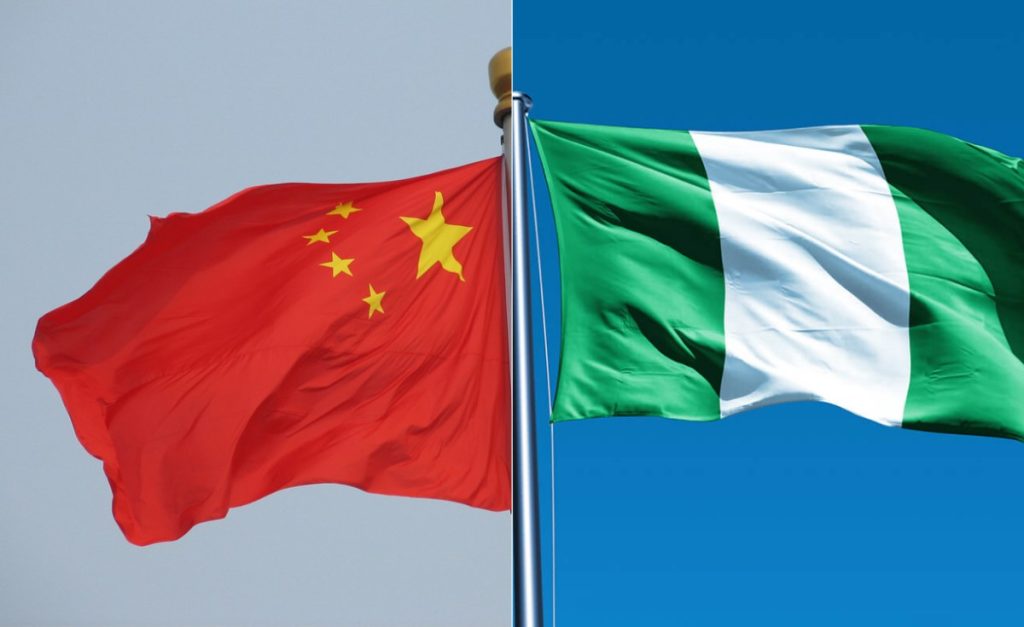Nigeria, China urge UN reforms, global unity on 80th anniversary of anti-fascist war

By Nkiruka Nnorom
The Consul-General of People’s Republic of China in Lagos, Ms Yan Yuqing, Director-General of the Nigerian Institute of International Affairs, NIIA, Prof. Eghosa Osaghae; Chairman of NIIA, Prof. Bolaji Akinyemi, and other scholars have called for reform and further democratisation of the UN Security Council to allow admission of more permanent members.
Speaking at an event to mark 80 years of the victory of Chinese people’s war of resistance against Japanese aggression and second world war, WW 11, with the theme, “80th Anniversary of the Anti-Fascist War: The United Nations and the Search for a New Global Governance,” in Lagos, they also emphasised the importance of unity and cooperation in advancing global peace and security.
In her presentation, Yuqing noted that the victory of the world anti-fascist war\WW 11 laid the foundation for a new international order centered around the UN charter and catalysed the rise of the emerging and newly independent nations, including Nigeria.
She recalled the sacrifices made by China, Africa and, indeed, Nigeria in the war, including the countless lives and economic fortunes lost, saying “any attempt to deny historical aggression, or whitewash war crimes should be opposed and condemned by the international community.”
“The world needs international order and that’s why we think that the biggest and most important result after the Second World War is the founding of the UN.
‘’People from all over the world came together to resolve some conflicts and war, so that we can have a common development.
‘’But you can see that now, the world is not peaceful like in the Middle East or some other areas. Many people are still facing death, poverty, and so on. “
“So, we support multilateralism. And China, Africa, and Nigeria are also very important members of Global South, so I think that we can, together, contribute peace and justice of the world.”
On his part, Prof. Osaghae highlighted the historical marginalisation of the global south in governance, and the need for reform of the UN system to ensure more equitable participation and representation of the global south, arguing that there were only four African countries as the founding members of UN.
“Today, there are 54 African countries in the UN. By the time you add the 47 countries from Asia, you have more than half of the United Nations. And the question is, is the UN able to meet the expectations of these countries?
“So, we have to rethink of what to do with the UN and one way to do that is to see if we can further democratise the UN, knowing that the UN’s resilience and importance, especially for the strategic interests of the global south, will revolve around a world in which there is formal equality of our countries.
“At 80, the UN is now finalising its pact for the future. And the pact for the future is saying we need greater inclusivity, we need greater equitability, we need greater cooperation and consensus on all of these issues,” Osaghae said.
Prof. Efem Ubi, Director of Studies at NIIA, said: “There are a lot of power tussles, even within the UN and that is why if you ask me what is China and Africa or Nigeria doing, we are asking for a reform of the UN Security Council.
“It should be democratised. Five people cannot sit down there and actually determine how things should be run globally. So, these are all the things we are asking for – democratisation of the United Nations and the belief in multilateralism.
“It is only in concerted effort, collectively, that we can resolve the problems of the world. There should be equality, and parity in the international system. Those are the only ways we can guarantee peace and also sustain security.”
The post Nigeria, China urge UN reforms, global unity on 80th anniversary of anti-fascist war appeared first on Vanguard News.







